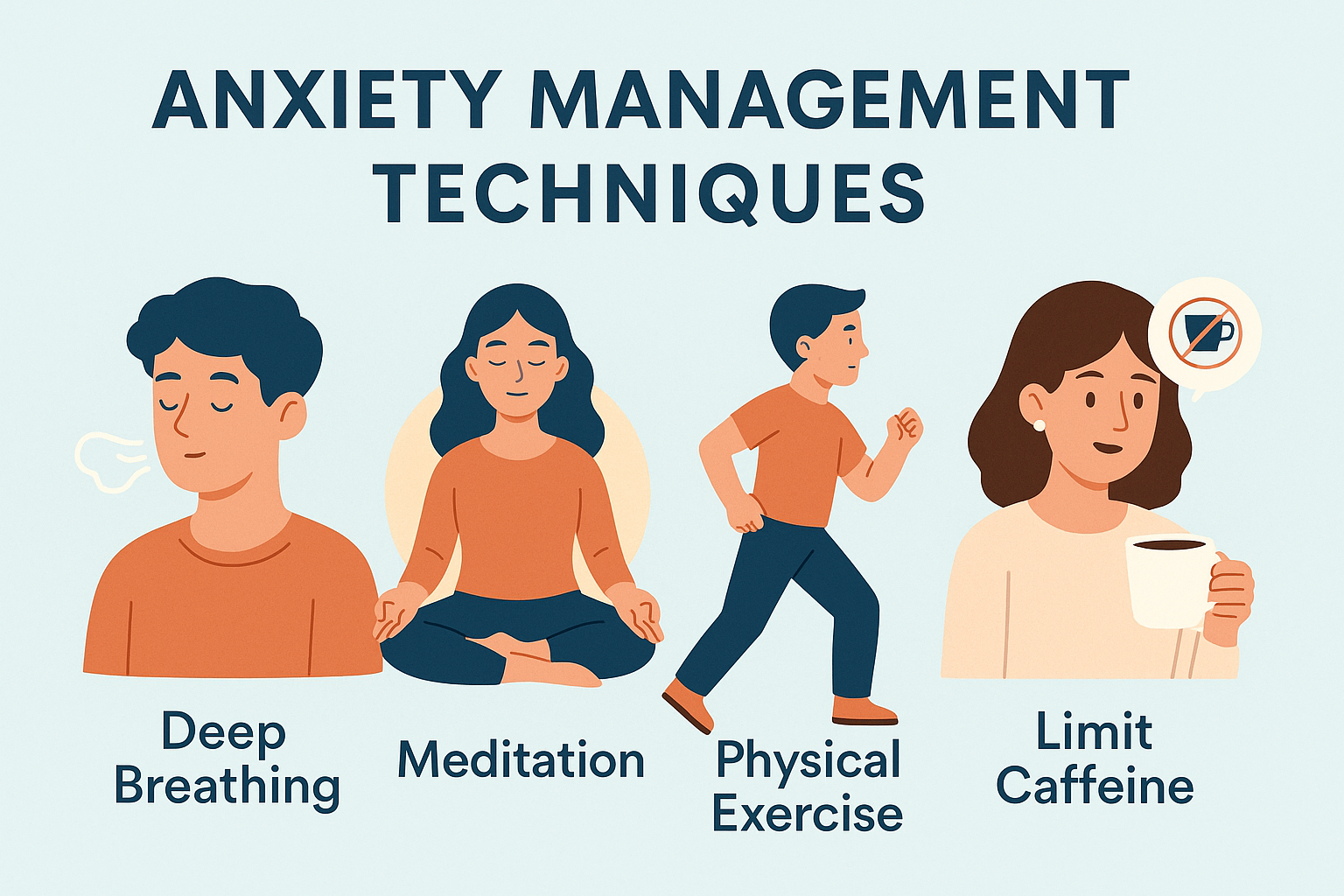
Early Childhood Counseling for Emotional Well-Being
Is your child struggling with persistent sadness, anxiety, or withdrawal?
Are they struggling to make friends or cope with school stress?
If so, it's time to consider counseling.
Counseling for children isn’t just about solving problems—it’s about helping them build the emotional tools they need to feel more confident, connected, and resilient.
This post will explore how child counseling can make a lasting difference in your child’s mental health and why early intervention is key to setting them up for a healthier, happier future.
Common Emotional and Social Challenges Children Face
Children experience various emotions as they grow and develop. Some common emotional and social challenges they face include:
● Anxiety: Children can experience anxiety for various reasons, such as separation from parents, fear of new situations, or worries about school or friendships.
● Depression: Although we tend to associate depression with adults, children can also experience this mental health condition.
It may manifest as irritability, changes in sleep or eating habits, or a loss of interest in activities they once enjoyed.
● Behavioral issues: Children may act out or exhibit challenging behaviors, such as defiance, anger, or aggression, to cope with their emotions.
● Social skills deficits: Some children may struggle with social interactions, making it difficult to form friendships or navigate social situations.
This can lead to feelings of isolation and low self-esteem.
● Trauma: Children may experience traumatic events that can impact their emotional well-being, such as abuse, neglect, or witnessing violence.
● Learning and developmental challenges: Children may face learning difficulties or developmental delays that can cause frustration, low self-esteem, and challenges in school.
Why is Early Intervention in Child Therapy Important?
Why Early Intervention Matters:
- Prevention of Long-term Issues: Addressing emotional and social challenges early on can prevent them from becoming more severe and potentially leading to long-term mental health issues.
- Building Resilience: Children who receive early intervention in therapy learn healthy coping mechanisms and build resilience, which can help them manage difficult emotions and situations.
- Academic Success: When children's emotional needs are met, they can focus better in school, leading to improved academic performance.
- Increased Self-esteem: Through therapy, children can learn to identify and challenge negative thoughts and beliefs, increasing self-esteem and confidence.
What are the Benefits of Child Counseling?
Child counseling can offer numerous benefits for children, including:
● Support for specific challenges: Therapy can offer targeted support for specific challenges, such as anxiety, depression, trauma, or behavioral issues.
● Improved emotional regulation: Through therapy, children can learn to identify and manage their emotions healthily, leading to improved emotional regulation.
● Increased self-awareness: Children can better understand themselves and their needs by exploring their thoughts and feelings through techniques such as play therapy.
● Better communication skills: Therapy can help children improve their communication skills, leading to more effective expression of their thoughts and feelings.
● Enhanced problem-solving skills: Children can learn to identify problems and develop effective problem-solving strategies through therapy.
Early Intervention in Child Therapy for Better Emotional Health Available in Dallas, TX
Beckloff Behavioral Health Center has a team of child psychiatrists dedicated to helping your child navigate their emotional challenges with care and expertise.
Using play therapy techniques, we prioritize creating a welcoming and supportive environment where your child feels safe to express their thoughts and feelings openly.
Explore more of our blog posts to discover how we can support your child’s emotional well-being.
Book an appointment today.



